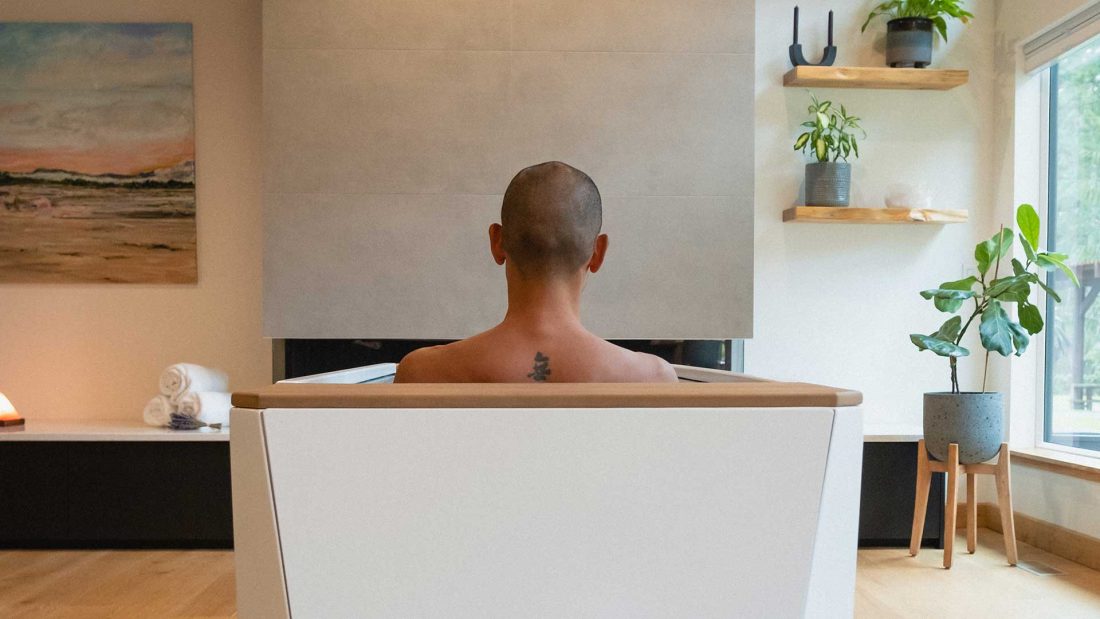Building Mental Resilience Through Cold Water Therapy
Cold therapy has long been popular in the world of sport and athletics as way to reduce soreness and speed recovery after injury or training. The growing community of cold immersion advocates, however, extends far beyond athletes and fitness buffs—take a look through social media posts tagged #coldplunge, #icebath or #kallbad and you’ll find a wide range of people who are strangely enthusiastic about sitting in freezing cold water on a daily basis.
For most, the chief benefits of regular cold water immersion are mental: advocates describe feelings of post-plunge euphoria and general well-being, increased alertness, and a sense of accomplishment that extends to the rest of their lives. Some maintain that a regular cold water immersion practice has helped them overcome depression, addiction, and anxiety.
But the science behind why cold therapy elicits such positive psychological responses is unclear. Some point to the release feel-good brain chemicals like dopamine as the source. Others hypothesize that the physical stress of cold water immersion produces a hormetic effect, triggering physiological and hormonal reactions that ultimately make us healthier and happier.
Another possibility is that overcoming the mental challenge of cold water immersion is enough to generate positive emotional and psychological benefits. For advocates like Wim Hof, the patience, focus and determination required to make cold water immersion a regular practice are the key to its benefits — overcoming the immediate desire to avoid the discomfort of the cold requires willpower and self-control, two skills that contribute to well-being in every aspect of life. At Eureka our own experiences have convinced us that the daily challenge of maintaining a cold water immersion routine builds mental resilience in the same way that daily pushups and running build physical resilience, and that resilience allows us to better cope with bigger challenges that arise in the rest of life.



